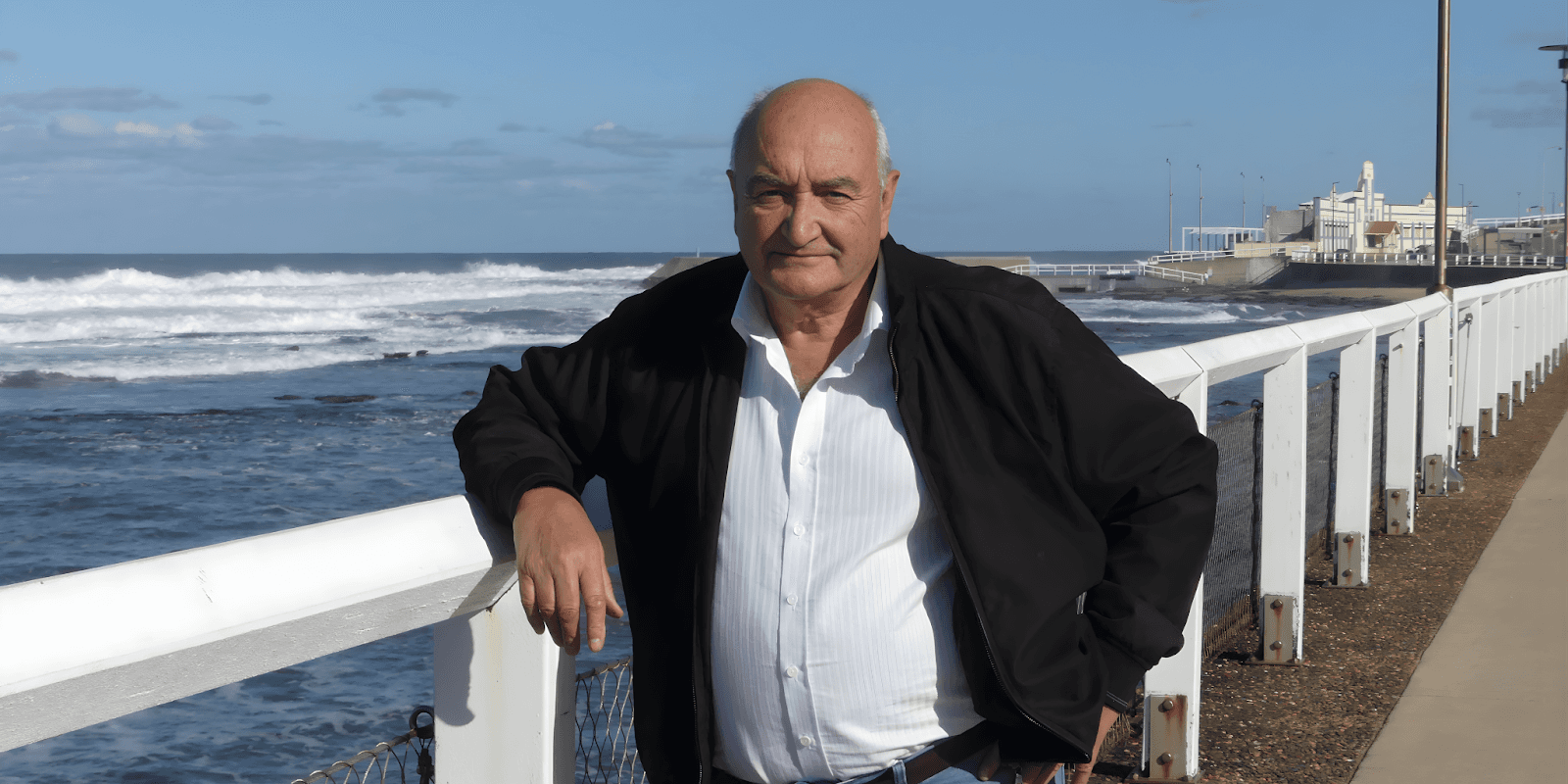Neurofeedback Luxemburg Founder François Altwies Champions Brain Training Innovation Across Europe
Neurofeedback Luxemburg Founder François Altwies Champions Brain Training Innovation Across Europe
By
Apr 9, 2025
NATIONWIDE - APRIL 2025 - (USAnews.com) - François Altwies, founder of Neurofeedback Luxemburg, is emerging as a key figure in the advancement of neurophysiological mental training in Europe. With a strong personal connection to the field and a rich multidisciplinary background, Altwies is reshaping how individuals and professionals approach brain health and mental well-being through the innovative use of neurofeedback.
Having grown up amid personal adversity and complex psychological diagnoses, Altwies's journey into neuroscience and biohacking was both personal and transformative. Diagnosed with ADHD at the age of 40, after years of navigating depression, emotional instability, and the limits of conventional therapy, he discovered neurofeedback as a means to bring lasting change to his cognitive function. The effects were immediate and profound, and this turning point catalyzed his mission to bring the practice to others.
Neurofeedback Luxemburg, under his direction, was built not just as a business but as a center of innovation and education in applied neurophysiology. From its base in Luxembourg City, the company now serves a growing client base and works in partnership with various professionals across Europe. Altwies’s training spans over a dozen of the world’s leading figures in neurofeedback, including Thomas Feiner, Jay Gunkelman, Dr. Richard Soutar, and Dr. Nicholas Dogris. His experience extends to more than 2,000 brain analyses and 1,500 sessions conducted as of 2021.
Through this extensive foundation, he developed a unique methodology grounded in measurable outcomes and sustained improvement. "In order to change something, you must first measure it," says Altwies. This approach sets his practice apart by focusing on brain function rather than surface-level symptoms. The company’s ethos is guided by principles such as “Let’s go to the source of the problem (the brain), not the symptom” and “The brain is a muscle that is trained throughout life.”
Rejecting traditional diagnostic labels that can become limiting identities, Neurofeedback Luxemburg promotes a functional understanding of brain activity. The work focuses on helping clients become more conscious users of their own cognitive capacities. Altwies often emphasizes that while analysis and reflection are useful, they are not sufficient by themselves to create transformation. "Thinking and analyzing is useful but does not solve anything," he states. This underscores his belief that experiential and data-driven brain training can be more effective than verbal therapy alone.
Neurofeedback Luxemburg’s services integrate established techniques with emerging technologies such as photobiomodulation and neuromeditation. These tools allow practitioners to target neural pathways in a non-invasive manner, helping improve mental clarity, reduce symptoms of neurological disorders, and optimize cognitive performance. The practice works with clients experiencing a range of issues, from emotional dysregulation to cognitive fatigue, while also offering professional training for psychologists, psychiatrists, and neurobiologists.
Altwies’s practice distinguishes itself further through its values, documented in detail on the company’s site. Core to the brand is a commitment to transparency, scientific rigor, and a deep respect for each client’s personal journey. As new challenges and innovations arise in the field, Neurofeedback Luxemburg remains positioned at the frontier of applied brain science in therapeutic contexts.

Beyond client work, the organization is expanding its impact through training and public education. Altwies regularly contributes to conferences and academic settings, bringing neurofeedback to a broader professional audience. As research continues to affirm the efficacy of these techniques, interest in this field is growing within clinical, educational, and corporate environments.
Despite initial skepticism from parts of the medical community, Altwies has built a reputation grounded in data, consistency, and a client-first approach. This foundation has allowed Neurofeedback Luxemburg to stand as a credible and effective alternative in mental wellness solutions. With a clear trajectory towards further innovation, the organization is currently exploring additional research projects and collaborations intended to enhance the scientific literature surrounding neurofeedback’s applications.
Looking ahead, Altwies expresses confidence in the future of the field. “The changes observed in our clients every day continue to fascinate me,” he says. “With the great potential of new technologies and new projects like scientific publications, the future promises to be full of adventures and challenges. There is no risk of getting bored.”
Neurofeedback Luxemburg’s journey is both a personal story of recovery and a broader vision for neurophysiological well-being in Europe. It stands as a model of how personal experience, rigorous training, and scientific curiosity can combine to create impactful, forward-looking healthcare services.
Links:














